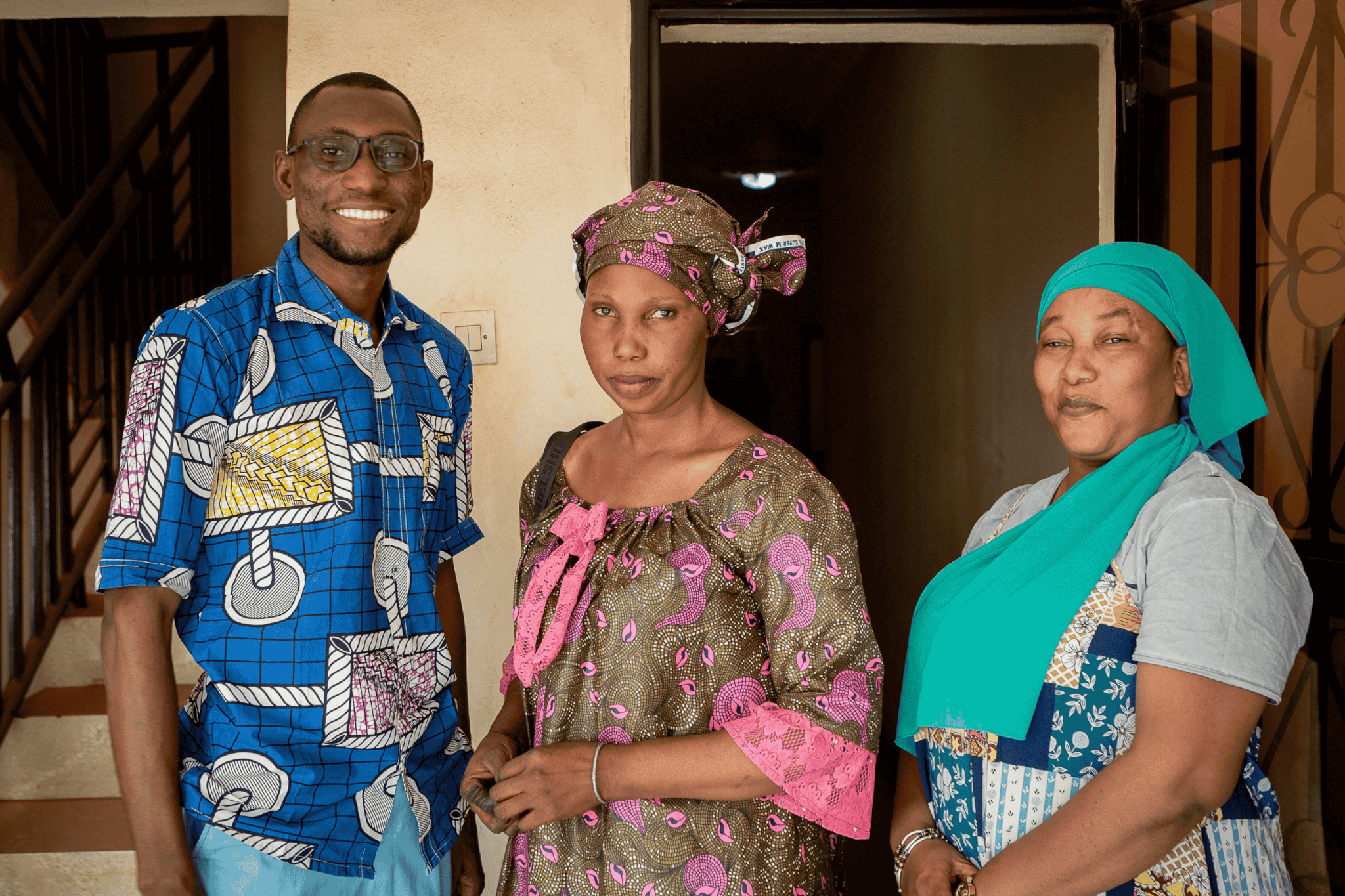
Les dispositions introduites au nouveau Code pénal malien renforcent la protection légale des femmes contre les violences basées sur le genre et peut servir aux cliniques juridiques, comme celle de Sikasso, de levier pour les combattre © King Massassy
The enactment of the new Penal Code in Mali on December 13, 2024, marks a turning point in the fight against gender-based violence. The new Code incorporates several of civil society’s demands: it criminalizes psychological harassment, sexual harassment, and sexual assault, it broadens the definition of rape and codifies femicide. This is a major victory for women’s rights organizations and for all Malian women.
Lawyers Without Borders Canada (LWB Canada) and its partners have been advocating for better legal protection against gender-based violence in Mali since 2016, with financial support from Global Affairs Canada. This legislative reform is a major step forward for the protection of the fundamental rights of women and people in vulnerable situations in Mali.
Tenacious advocacy for inclusive legislation
Currently, more than one in three women in Mali is believed to be a victim of gender-based violence. The number of reported cases has skyrocketed since 2020, reaching a record high of more than 14,000 in a single year, according to the Gender-Based Violence Information Management System.
LWB Canada and a dozen Malian partners worked to develop a specific bill on gender-based violence, first as part of the “Justice, Prevention and Reconciliation” (JUPREC) project, then as part of the “Justice and Peace” (JUPAX) project. This bill, sponsored by the Ministry for the Promotion of Women, Children and Families, aimed to cover the prevention, prosecution and reparations of violence. Although the bill has not been adopted yet, many of the proposed repressive measures have been incorporated into the new Penal Code.
With this legislative reform to the Penal Code, gender-based violence is no longer treated as a marginal or sub-categorized offense, but as a specific human rights violation. This provides a much stronger legal basis on which victims can seek justice.
Stronger provisions to protect victims
The new Malian Penal Code is now available on the Sariya ko mun? Website. It introduces several crucial provisions to combat the phenomenon of gender-based violence.
Articles 321-61, 327-2, and 327-4 criminalize psychological harassment, sexual assault, and sexual harassment. These provisions were absent from the previous legislation.
Article 325-10 separates incest from pedophilia, which is now a separate offense.
Article 325-2 broadens the definition of rape to include any form of non-consensual penetration for sexual purposes, whether anal, oral, or other.
Finally, Article 321-1 enshrines feminicide. This is a symbolic gesture, as homicide was already a criminal offense in Mali. However, an essential step toward ensuring that violence against women is treated as a serious violation of human rights.
About the “Support for Justice and Peace in Mali” (JUPAX) project
The JUPAX project, implemented from 2021 to 2025, fostered the legal empowerment of women, girls, and other people in vulnerable situations, enabling them to realize their human rights within a framework of gender equality, transformation of power relations, reconciliation, and peace in Mali.
Since its launch, the project has contributed to strengthening the next generation of human rights defenders in Mali, combating impunity, and amplifying the voices of victims.
Other content that may interest you